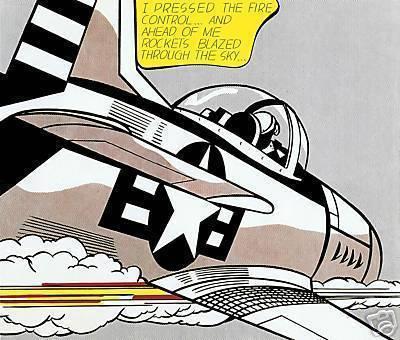Asset Page Image

Almost from the beginning the VCH has been written by a combination of professional scholars writing to contract, and staff members employed through central office. This pattern changed after 1945 when staff came to be employed by local authorities and trusts, and fewer general volumes were written. The consultants brought in by Doubleday to oversee the chapters in the general volumes including men like Professor Francis Haverfield, the Romanist whose work is still admired by current archaeologists, and the independent scholar, J.H. Round, whose knowledge of Domesday Book was put to great use by the VCH. Page’s reorganisation of the VCH office in 1904 meant that many of the general chapters were subsequently written by younger scholars. They included Frank Stenton, who went on to become one of the finest medieval historians of the twentieth century, and vice chancellor of the University of Reading. The early women writers included a number of Oxbridge college tutors, as well as aspiring younger scholars who had just completed their education. Among the tutors, Page recruited Mary Bateson and Maud Sellers from Newnham College. Mary Bateson taught at Newnham from 1888 until her death in 1906, and was a most distinguished medievalist with numerous publications, as well as being a well known suffragist. Her essay on Peterborough appeared in VCH Northamptonshire II in 1906, and another on Droitwich appeared posthumously in VCH Worcestershire III. From among the younger women recruits, several went on to professional careers. Henrietta Garbett, who contributed topographical entries for six counties, and wrote the ecclesiastical history of London, was librarian of the William Salt Library, in Stafford, 1922-39, where the VCH still has an office. Phyllis Wragge (1881-1948) worked for the VCH 1904-8 and wrote essays on four counties before moving to a lectureship at Goldsmith College (1908-12) and then to various appointments in training colleges in Durham, Salisbury and Peterborough. Olive Mary Moger (1880-1961), graduated from Royal Holloway in 1903. She compiled topographical entries for seven counties, and was subsequently Honorary Archivist to Exeter Cathedral, and a record agent. Later in life she was described as ‘an indefatigable genealogist and family history researcher’. She transcribed and abstracted more than 5,000 Devon wills. Myra Curtis’s career took a different path. She studied Classics at Newnham College, Cambridge, joined the VCH in 1907, and wrote topographical entries for five counties. She became a Civil Service during the First World War
